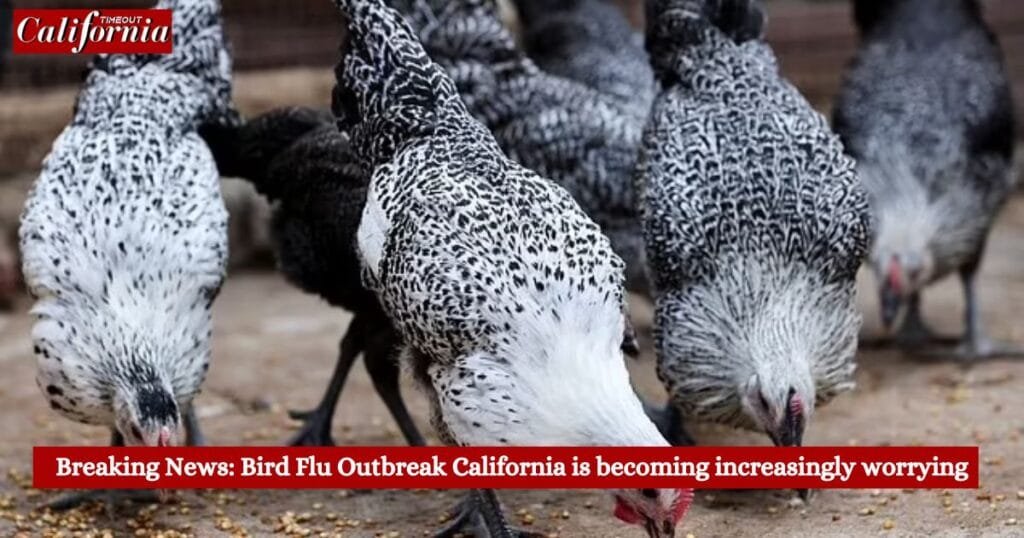The global H5N1 bird flu outbreak continues to expand, with significant developments raising concerns about its impact in the United States. This week, California Governor Gavin Newsom declared a state of emergency, citing the alarming virus spread across the state’s dairy herds.
Growing Outbreak in California
Since identifying the H5N1 avian influenza in cattle in August, California has reported 645 infected dairy herds. Governor Newsom emphasized the urgency of increased resources to manage the outbreak and prevent further spread.
“This proclamation ensures that government agencies have the tools needed to respond swiftly,” said Newsom.
The state’s agriculture department is now ramping up efforts to test and monitor dairy farms. Recent federal orders require raw milk testing to detect the virus, marking a significant shift from previous voluntary testing protocols.

First Severe Human Case in Louisiana
In Louisiana, health officials confirmed the first severe human case of bird flu after a man contracted the virus through exposure to infected backyard birds. This case underscores the potential risks of H5N1’s zoonotic transmission.
Read also:-
- Anastasiia Smelova: The Beauty Queen on a Mission to Uplift, and Unite Women Worldwide
- HELL’ YA, a song of ELUSIVE THUGS serves as a perfect example of Music with Meaning
- Egyptian-American filmmaker Peter Takla is set to Release his new film, “40 Days,” in theatres on May 30
- Autumn Brockman’s “ARock” Empowers the Beauty Industry
- Miss Universe Guyana organization appoints new Assistant Director Ivonn Novikova
Broader Implications of the H5N1 Virus
The H5N1 virus reemerged globally in 2020, devastating bird populations and spreading to mammals. Notably, it recently infected cattle herds and a pig in Oregon, raising concerns about cross-species transmission.
The CDC reports 865 infected herds across 16 states and 61 confirmed human cases in the US, with over half linked to contact with sick cattle. Although there’s no evidence of human-to-human transmission, experts warn that the virus’s continued spread increases the risk of mutations that could trigger a pandemic.
Why Experts Are Cautious but Not Alarmed
Dr. Monica Gandhi of UCSF advises caution, noting that terms like “state of emergency” may unnecessarily alarm the public. However, she acknowledged that increased surveillance is crucial for controlling the outbreak.
Key Takeaways
- Widespread Impact: The outbreak has affected dairy, poultry, and mammal populations, leading to severe economic and public health challenges.
- Proactive Measures: Federal milk testing and state-level emergency declarations aim to curb the virus’s spread.
- Human Health Risks: While public health risks remain low, continued monitoring is essential to prevent a pandemic.
Stay informed about bird flu updates and take precautions if working with or near animals at risk of infection.


